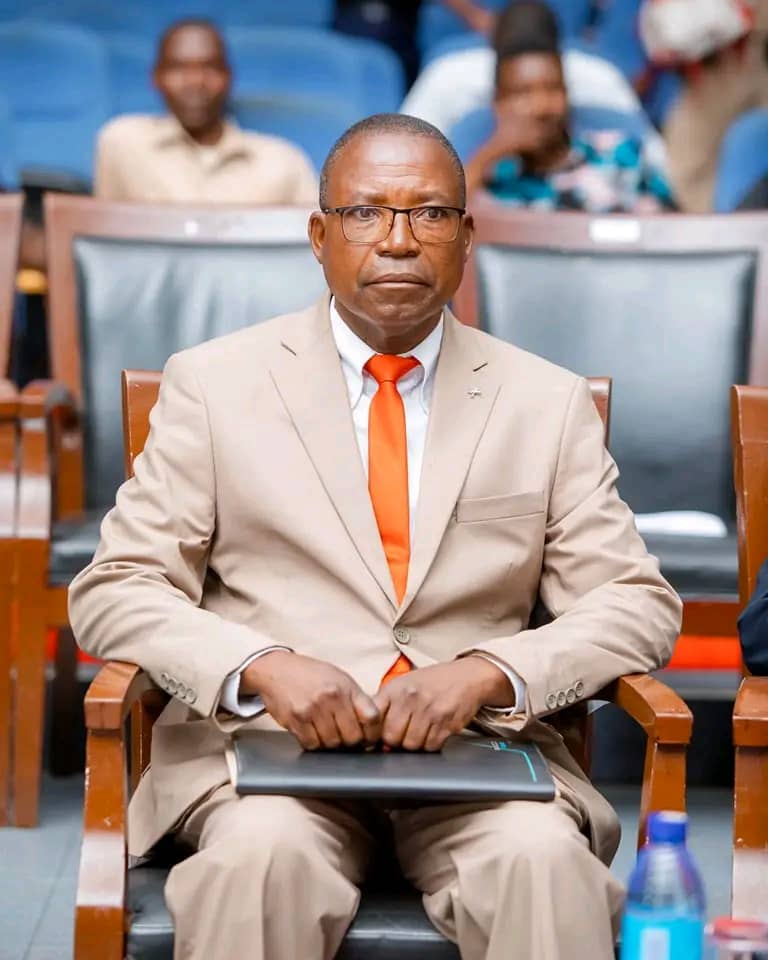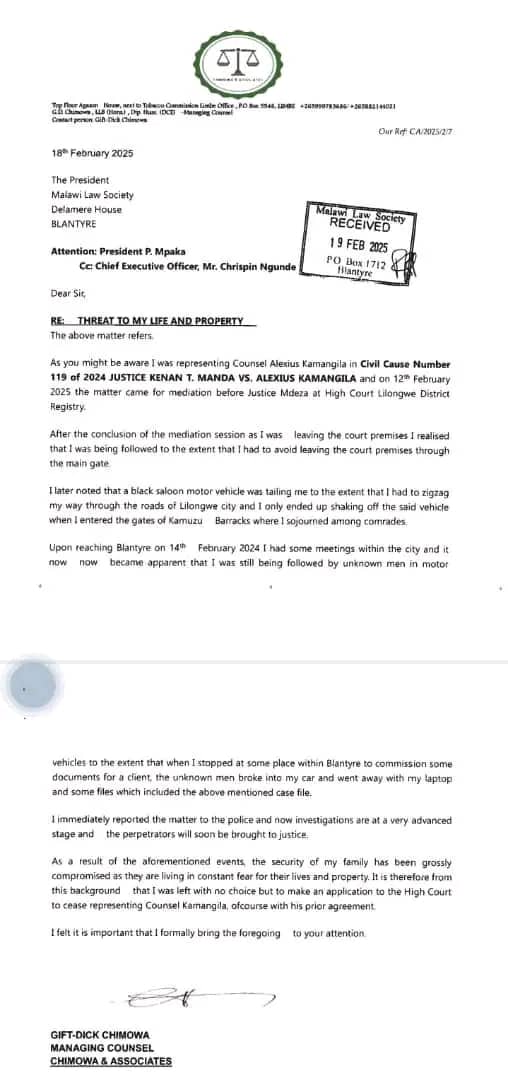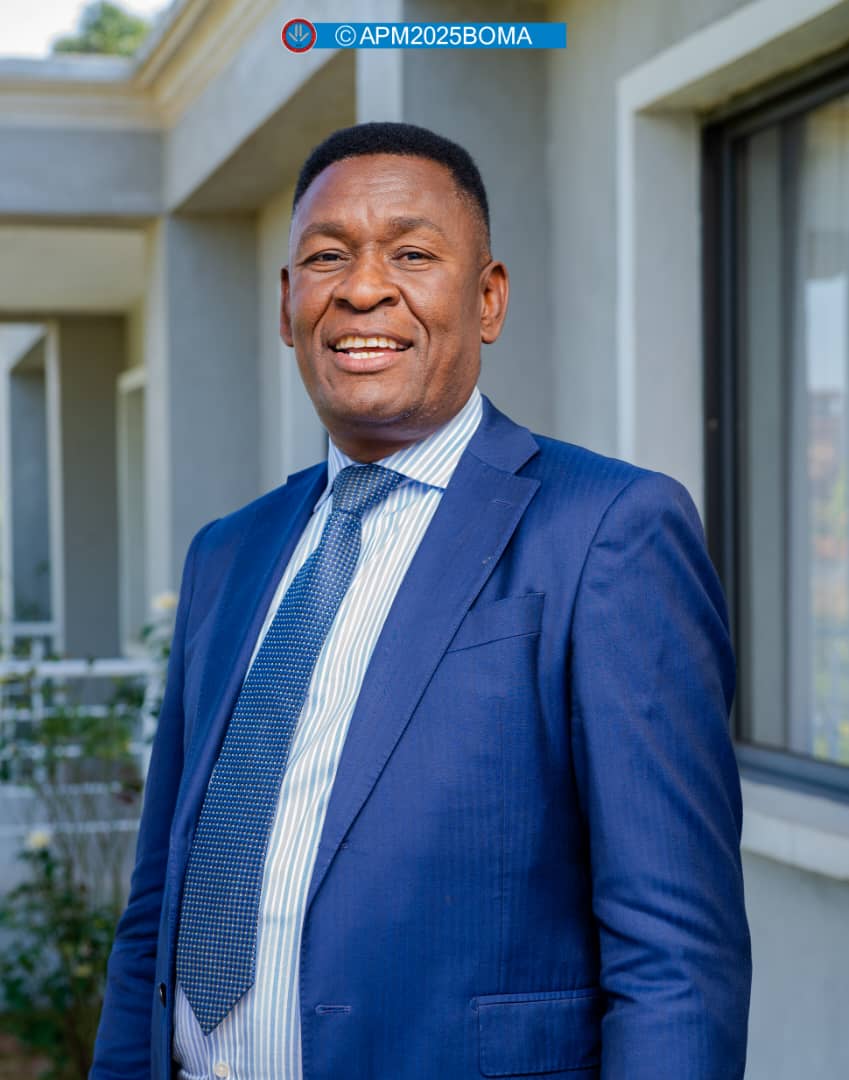By Burnett Munthali
As Malawi gears up for the September 16th General Election, the spotlight has turned to the presidential aspirants and their chosen running mates.
One of the notable entries in the race is independent presidential candidate Millward Tobias, who has selected Henry Mdebwe as his running mate.
This announcement has sparked curiosity and interest across the political spectrum, as Mdebwe joins the presidential ticket in a bold attempt to reshape Malawi’s leadership narrative.
Henry Mdebwe is not affiliated with any major political party, a factor that strengthens the independent character of Tobias’ campaign.
His background reflects a blend of professional competence and grassroots understanding, a mix that could appeal to voters tired of party politics.
Mdebwe’s career has revolved around public service, education, and community development, sectors that have grounded his worldview and shaped his leadership values.
He is known for championing equity and opportunity, particularly in underserved regions, and has long advocated for policies that empower ordinary citizens.
His nomination by Millward Tobias reflects a deliberate decision to promote leaders with integrity, innovation, and a fresh approach to governance.
Unlike traditional running mates selected based on political alliances or regional balance, Mdebwe stands as a symbol of meritocracy and reformist ambition.
Supporters of the Tobias-Mdebwe ticket argue that their independence from established political parties is a strength rather than a weakness.
It allows them to offer an agenda untainted by patronage networks, factional interests, or recycled political promises.
Henry Mdebwe’s calm demeanor, combined with his passion for justice and transparency, has earned him quiet respect among civil society actors and young professionals.
In public forums, he articulates policy with clarity and depth, focusing on solutions to poverty, youth unemployment, corruption, and education inequality.
As the running mate to Millward Tobias, Mdebwe is expected to bring not only moral support but also policy depth to the campaign trail.
He is likely to play a leading role in explaining their campaign’s vision for structural reform, fiscal discipline, and national unity.
Analysts note that the Tobias-Mdebwe team may not have the machinery of traditional parties, but they carry with them a strong moral argument for change.
Their campaign is rooted in a message of responsible leadership, civic accountability, and a citizen-first government.
Mdebwe’s presence on the ticket is also a message to the youth—that leadership is not reserved for political elites but is open to those with vision and commitment.
With the political climate in Malawi shifting and voter attitudes evolving, Henry Mdebwe could emerge as a key figure in redefining what it means to serve as vice president.
In the end, his candidacy is not just about winning votes; it is about restoring trust, raising expectations, and reimagining leadership in Malawi.




